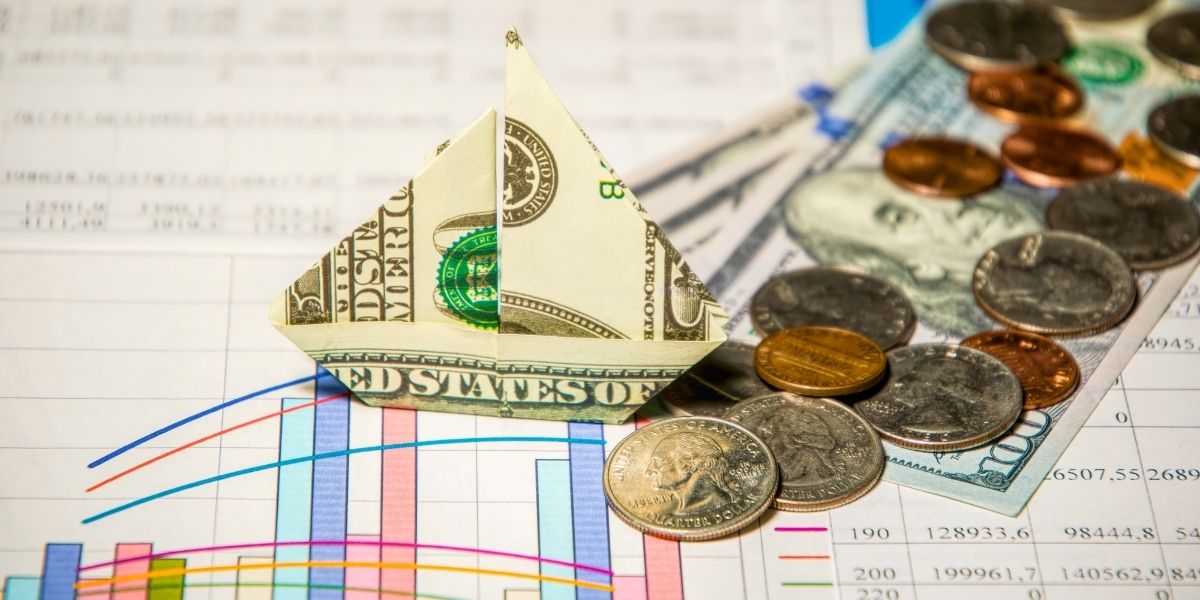In recent weeks, Bitcoin  $120,241 has reached its highest levels in history. This development has prompted several countries to evaluate the possibility of including Bitcoin in their national reserves. The United States, Brazil, Poland, and Russia are preparing notable plans to establish cryptocurrency reserves.
$120,241 has reached its highest levels in history. This development has prompted several countries to evaluate the possibility of including Bitcoin in their national reserves. The United States, Brazil, Poland, and Russia are preparing notable plans to establish cryptocurrency reserves.
US Initiates Work on Bitcoin Reserves
In the United States, lawmakers are discussing the establishment of a strategic Bitcoin reserve. Wyoming Senator Cynthia Lummis has introduced a bill known as the “Bitcoin Law.” The proposal envisions the acquisition of 200,000 Bitcoins annually over the next five years.
Donald Trump commented on the matter, stating, “All Bitcoins owned by the government will be 100% secured.” He also proposed a decentralized network managed by the US Treasury for the security of Bitcoin.
These initiatives indicate that the US views Bitcoin as a strategic asset for its financial future. However, the management and acquisition plan of the reserve are still under discussion.
Discussions on Bitcoin Reserves in Brazil and Europe
Brazil plans to hold 5% of its international reserves in Bitcoin. Federal Deputy Eros Biondini stated, “Bitcoin will provide protection against currency fluctuations.” The Central Bank of Brazil will manage the Bitcoin reserve in collaboration with the Ministry of Finance. The reserve will support the country’s digital currency, Drex.
In Europe, Poland stands out with presidential candidate Sławomir Mentzen proposing crypto-friendly laws and Bitcoin reserves. Mentzen stated, “Poland needs to adapt to cryptocurrencies,” aiming to make Poland a center for cryptocurrencies.
In Russia, lawmakers are suggesting the inclusion of Bitcoin in the state treasury. As Russia’s approach to crypto regulation evolves, discussions on Bitcoin reserve plans are gaining seriousness.
The adoption of Bitcoin as a reserve currency may signal a new era for the global economy. However, the implementation process and potential outcomes of these plans remain uncertain. These developments once again highlight the importance of cryptocurrencies in economic strategies.


 Türkçe
Türkçe Español
Español









